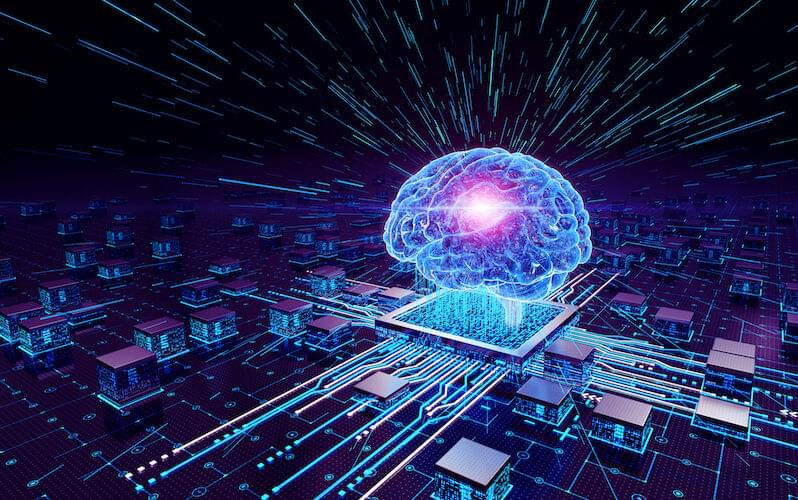“The human brain has 100 billion neurons, each neuron connected to 10,000 other neurons. Sitting on your shoulders is the most complicated object in the known universe.” — Michio Kaku, PhD.
Since most examples of brain-inspired silicon chips are based on digital electronic principles, their capacity to fully imitate brain function is limited. Self-organizing brain organoids connected to microelectrode arrays (MEAs) can be changed in function to create neural networks. These networks, called organoid neural networks (ONNs), show the capacity for unsupervised learning, which is what artificial intelligence (AI) is based on. These mini-organs, when connected to the right hardware, can even be trained to recognize speech.
This brain-inspired computing hardware, or “Brainoware,” could overcome existing shortcomings in AI technologies, providing natural solutions to challenges regarding time and energy consumption and heat production of current AI hardware. These ONNs may also have the necessary complexity and diversity to mimic a human brain, which could inspire the development of more sophisticated and human-like AI systems.
